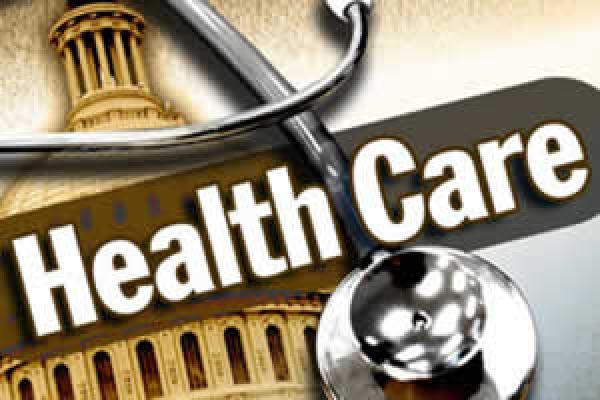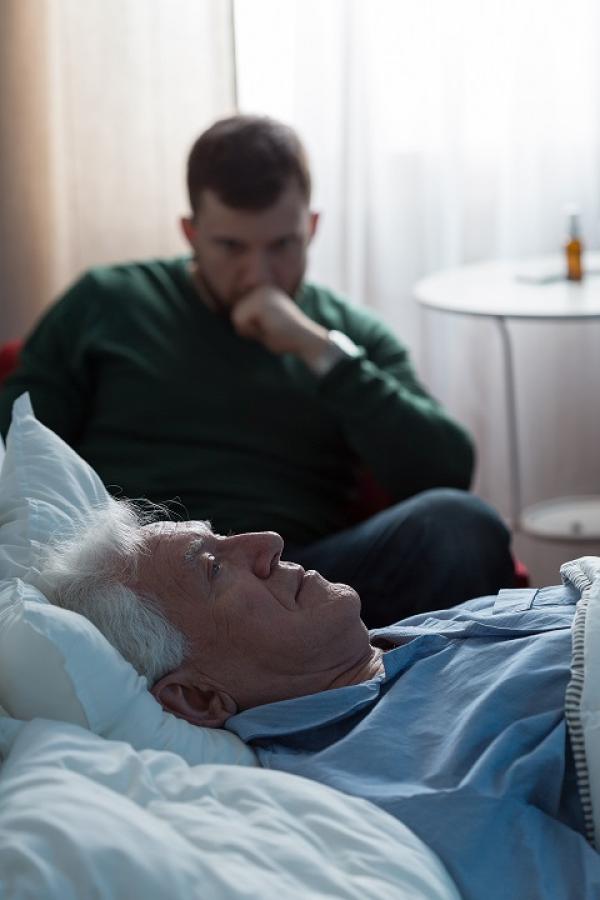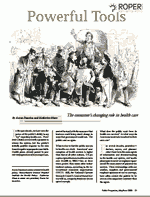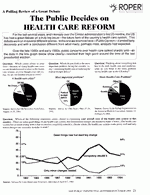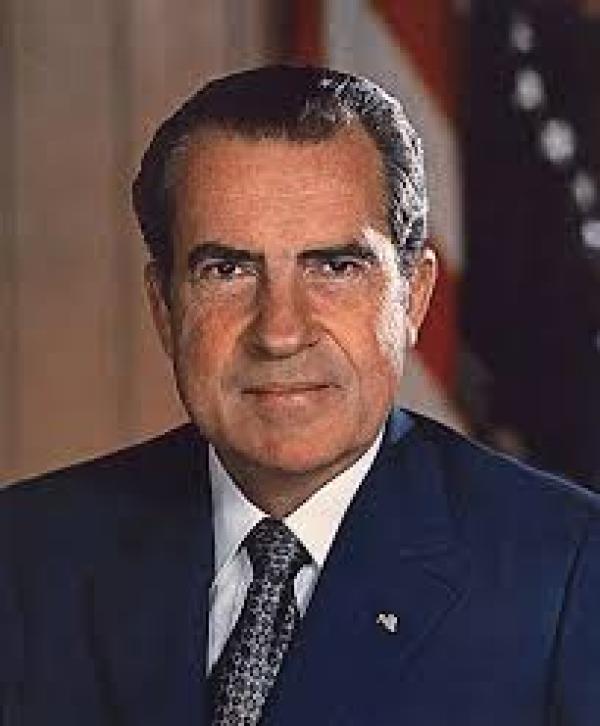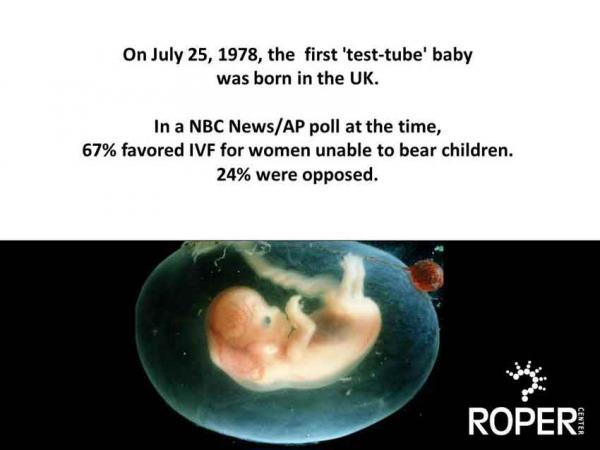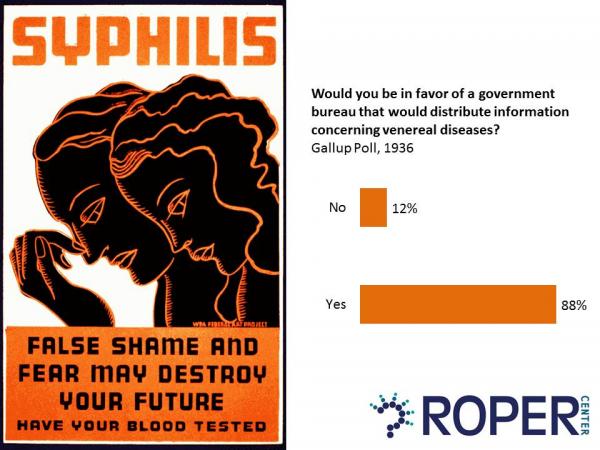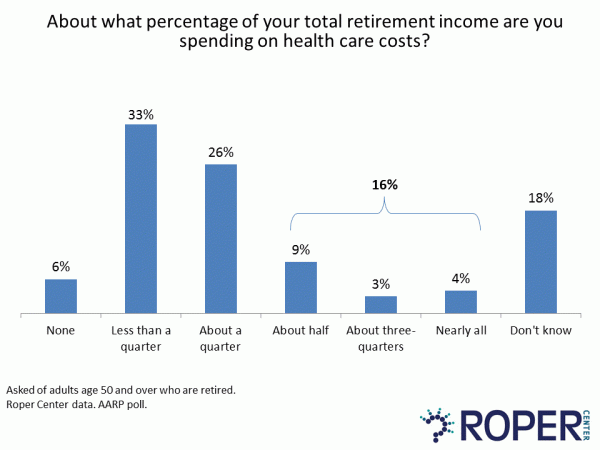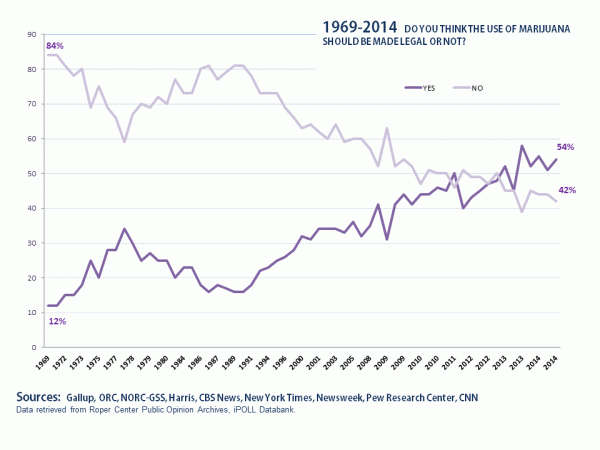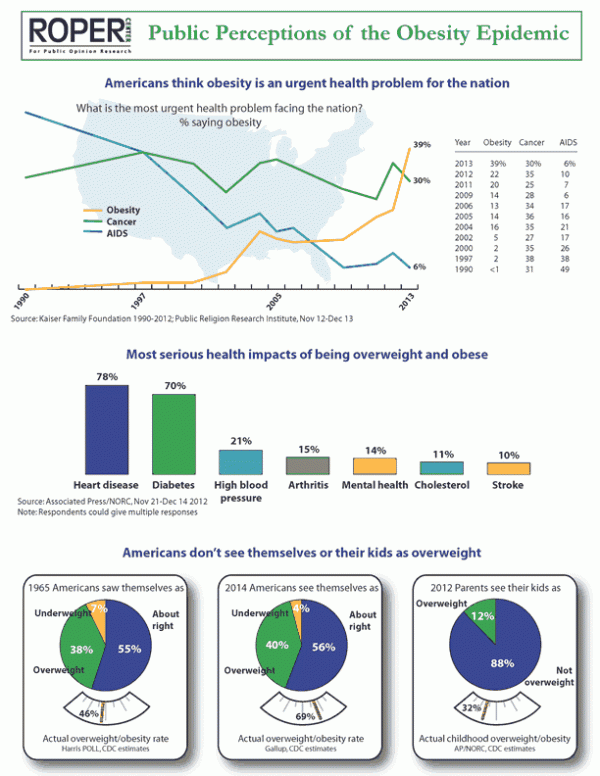Health
Issue Brief
Health Polling Through the Decades
Polling as a discipline has its roots as much in media as in academic research and therefore has always utilized its capacity for rapid turnaround of research to respond to current events. The deep involvement of media organizations in the funding and design of many major surveys and the short time from fieldwork to release – unlike the common academic practice of releasing research results with the publication of a journal article – means many polls follow the news and resulting public discourse.
Polling on Choices at the End of Life
Over the years, in responding to public concerns about their end-of-life care, professional and lay groups have proposed making various choices available to individuals at the end of their lives. The public supports, at least in principle, the availability of many of these choices. However, fewer Americans recommend some of these choices in specific circumstances.
Misinformation, Vaccination, and Social Media Use Across the Political Aisle
Two years removed from the onset of the COVID-19 pandemic, Americans’ social, economic, and political lives have been forever changed by the rapid digitalization brought on by social distancing measures. An absence of in-person contact left many Americans to turn to their own devices — quite literally — to maintain their social connections and seek information on the coronavirus pandemic as it developed.
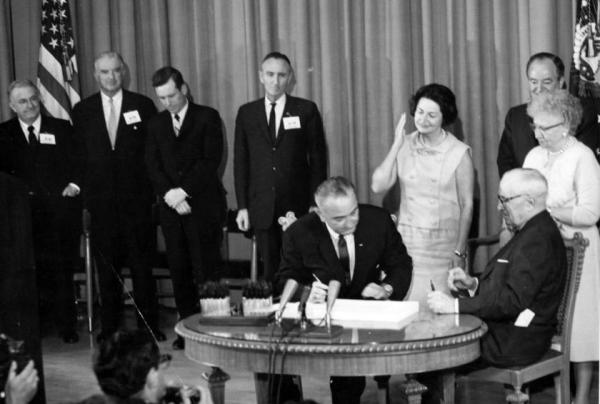
Public Opinion and the Passage of the Medicare Bill
The early days of public opinion research captured Americans’ response to the first major efforts by the U.S. government to provide health care to its citizens, an undertaking that saw success in the passage of Medicare in 1965
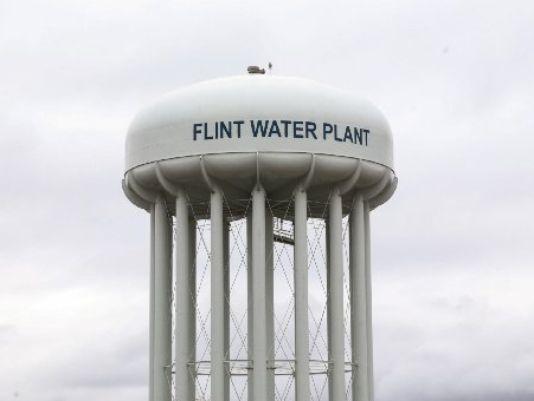
Resources for Understanding the Flint Water Crisis
Water Crisis: Worry and a Lack of Trust
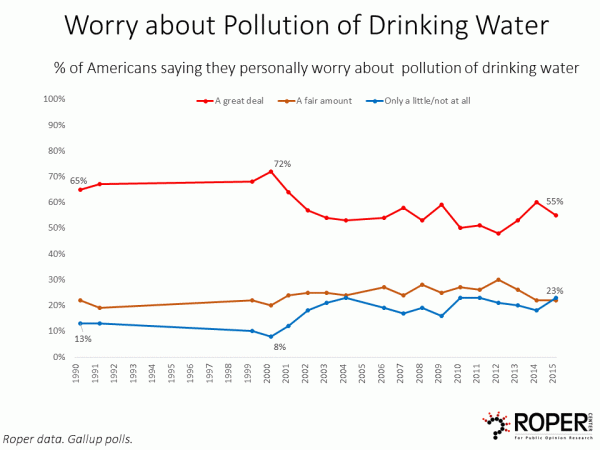
Water Crisis: Worry and a Lack of Trust
Headlines about lead poisoning from contaminated water in Flint, Michigan ask how such a thing could happen here.

Public Attitudes about Birth Control
Fifty years ago, just five years after the FDA approved the first birth control pill, the Supreme Court struck down a Connecticut state law that prohibited the use of “any drug, medicinal article, or instrument for the purpose of preventing conception,” thereby making birth control legal nationwide for married couples.

Public Attitudes about Mental Health
Mental health care in the U.S. underwent significant changes over the past decade

Public Confidence in Local Hospitals
Where We Live - WNPR by Lydia Brown (John Dankosky and Chion Wolf contributed to this show) It’s been just ...

The Public and Ebola: What the Polls Say
The news stories now follow a familiar pattern: an outbreak of a new and frightening disease on another continent, the first cases found in the U.S., the speculation about the risk to the American population
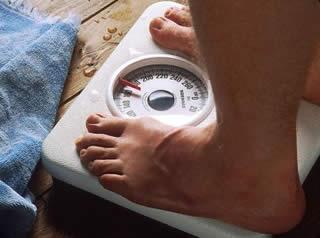
The Public's Perception of the Obesity Epidemic
Obesity has been called a major health crisis and a national epidemic. Health authorities, including prominent spokespeople like Michelle Obama and the Surgeon General, have sounded the alarm, and the media has responded with a bombardment of stories about the state of the nation’s waistline. But does the American public understand the significance of the country’s weight issue? Or have people become so accustomed to the “new normal” of excess weight that they don’t recognize the problem? From the Roper Center for Public Opinion Archives.

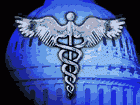
A Brief History of Public Opinion on the Government Role in Health Care
Public opinion polls reveal that from the late 20th through the early 21st century, the federal government’s role in providing health care services has been a highly salient and contentious issue.
Related Data
National Commission on Marijuana and Drug Abuse 1971 Poll
In response to the growing prevalence of marijuana use in youth culture in the U.S., President Richard Nixon appointed the National Commission on Marihuana and Drug Abuse to make recommendations about marijuana policy.
Gallup 1958 Old Age Survey
Studies of people of extreme old age – centenarians and their comparatively youthful 90-something counterparts – have become common only in recent decades, as the number of people of exceptional longevity has increased dramatically.
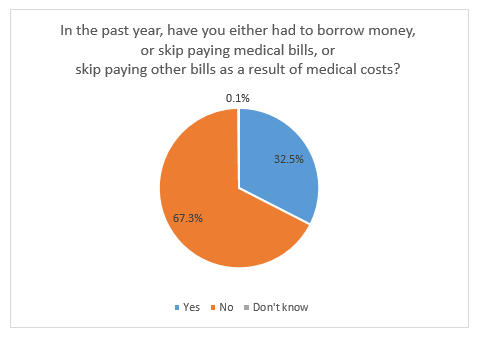
Public Health in Low-Income Southern States
The Low-Income Southern States Survey series from the Harvard T.H. Chan School of Public Health is now available in the archive.
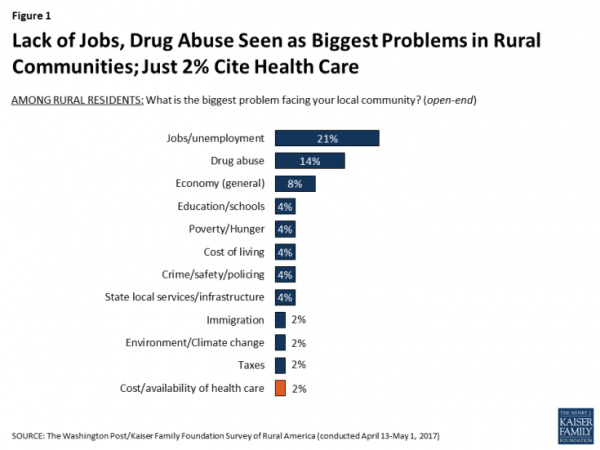
Concerns of Rural America
In June 2017, the Kaiser Family Foundation in partnership with The Washington Post released a poll of 1,686 national adults, including an oversample of 1,070 Americans living in rural areas.

New to the Archive: AARP’s Brain Health Survey
AARP’s Fall 2015 Brain Health Survey provides fascinating insights into what Americans believe affects mental sharpness and what actions they are taking to protect their own brain health.
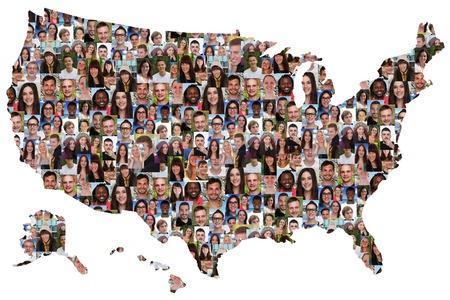
New to the Archive: HSPH/RWJF Subethnicities Survey 2007
The Harvard School of Public Health/Robert Wood Johnson Foundation Subethnicities Survey 2007 covered public health topics and featured an unusual sample of the many diverse ethnicities of origin in the United States.
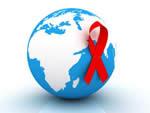
Kaiser Family Foundation: HIV/AIDS at 30
As the HIV/AIDS epidemic marked its thirtieth year, the Kaiser Family Foundation released a major national survey – their eighth on the topic since 1995

Prescription Painkiller Abuse – HSPH/Boston Globe Poll
The CDC estimates that almost two million people abused painkillers in the year 2013, and everyday seven thousand people go to the emergency room for misusing these drugs.

What Shapes Health?
When people say that they’re healthy, what do they mean? What external factors can cause health problems, and what is it exactly that makes a person healthy?
2nd Quarter 2015 Gallup Data Available
Eight Gallup Organization studies conducted from April-June, 2015 are now available for download. These studies cover a wide range of topics including the 2016 Presidential Election, Religion, Federal Government Performance, Driving Under the Influence, and the Affordable Care Act. View the 8 new Gallup Polls.

Kaiser Health Tracking Series Updated
The Kaiser Health Tracking Series is conducted monthly to gain the public’s views on the US health care system.

Employers Perspectives on the Health Insurance Market
New health care legislation affects small business owners in unique ways.
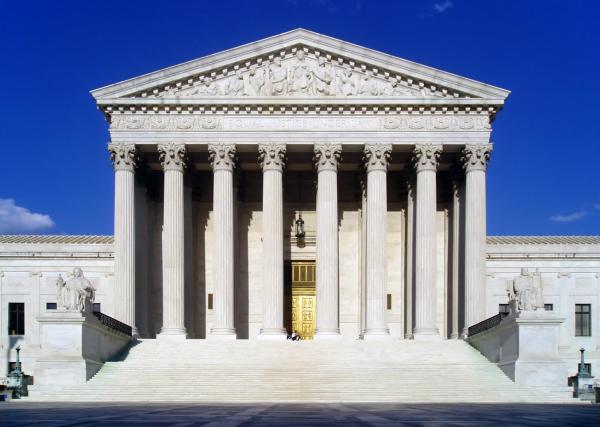
2014 Kaiser Family Foundation Poll – ACA and the Supreme Court
After the Affordable Care Act was passed, the Supreme Court dealt with the case of for-profit companies providing birth control to women in their insurance plans.

Data Set Released for “Medication Adherence in America: A National Report Card 2013”
The Roper Center is pleased to announce the release of the dataset for the National Community Pharmacists Association’s Medication Adherence in America: A National Report Card 2013
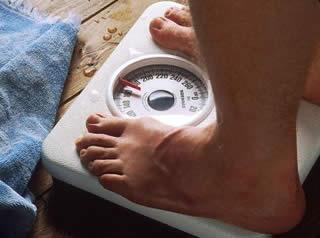
2004 ABC News/Time Magazine Obesity Poll
Around 35% of American adults are obese, and the 2004 ABC News/Time Obesity poll tackles some of the topics surrounding this widespread public health issue.
